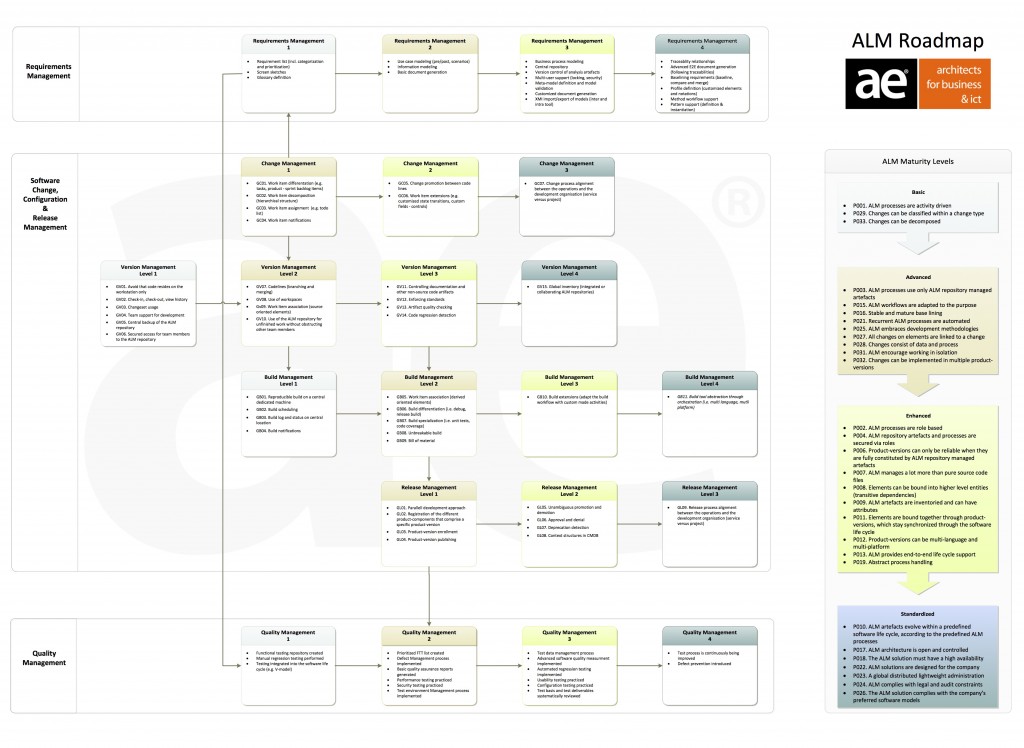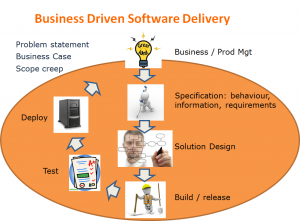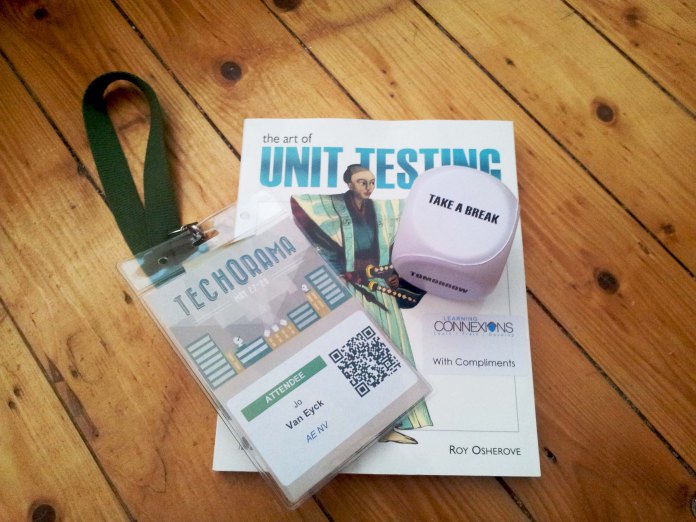In the end, Application Lifecycle Management helps you to transform business ideas in an efficient and predictable way. You, as an IT department, will be able to deliver what the business needs. Moreover, you will be able to do this on time and within the estimated budget. The ALM maturity assessment discussed in my previous post results in a clear overview of the current maturity level (per discipline) and a phased plan to increase the maturity of you ALM processes. In this post we will discuss the possible benefits of executing an ALM maturity increase plan (by using a concrete customer case).
ALM - How to increase maturity in software delivery?
By Frederick Beernaert on 11 September 2014
In my previous post I have shown a number of possible pain patterns that you can experience if the maturity of your ALM processes is not adequate. In this post we will discuss a method that can be used to assess these processes and increase the ALM maturity in the areas where this is needed.
ALM - From business idea to working software
By Frederick Beernaert on 04 September 2014
ALM
The actual goal of Application Lifecycle Management (ALM) is to transform a business idea into working software as efficiently as possible. The requirements need to be aligned with development to build applications that drive business objectives.
Your ALM processes should be managed as actual business processes because they create the predictability that the business is requesting.
In reality they are still considered to be an IT internal concern.
Pain patterns
Do you recognize any of the following pain patterns?
Techorama 2014 takeaways
By Jo Van Eyck on 18 June 2014
A few weeks ago I attended the very first installment of Techorama, a new conference for developers hosted in Mechelen, Belgium. This post will walk you through my experiences of the conference and will highlight the most important takeaways from the various talks I attended.
General impressions
The conference had tracks on ALM, Mobile, Web, Cloud, Language & Tools, Sharepoint & SQL and best-of Build 2014. I mostly attended the Web and ALM tracks since they are most relevant for my current work, but I dabbled in the other tracks here and there. I expected this conference to be heavily Microsoft-oriented but it turned out that there were a lot of non-Microsoft specific talks. As a matter of fact, it would have been entirely possible to schedule your conference without attending a single Microsoft-specific talk. Most of the talks I attended were high-quality presentations. The booth hall had some entertaining side tracks and there was a lot of swag up for grabs. The food was delicious (warm meals instead of the usual sandwiches!). Overall there was a very good vibe during these two days.





